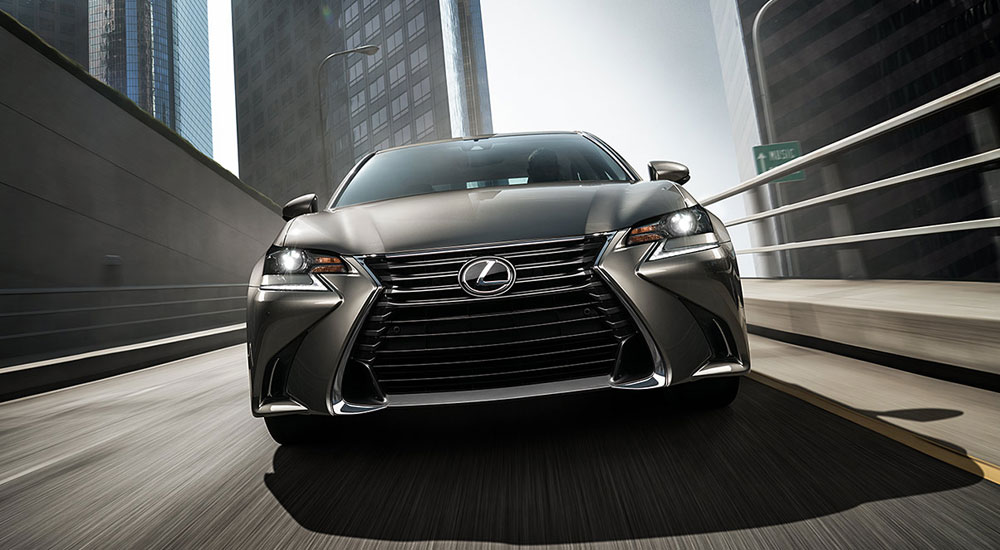Lexus will continue to sell the GS sports sedan in North America for the foreseeable future, as confirmed with both Lexus USA and Lexus Canada.
“The Lexus GS has been an important part of the Lexus line-up since 1993 and we value its role as a sports sedan,” Lexus USA spokesperson Ed Hellwig explained over email. “We will continue to offer the GS in the United States, and will evaluate how best to meet our customers’ needs going forward.”
The future of the GS sports sedan was called into question recently when Lexus Europe discontinued the model due to new emission regulations. It will be replaced in the region by the new seventh-generation ES sedan.
Despite the promise of continued sales, there is no guarantee the GS will see a next-generation model. Lexus would not comment on future product plans.


Comments